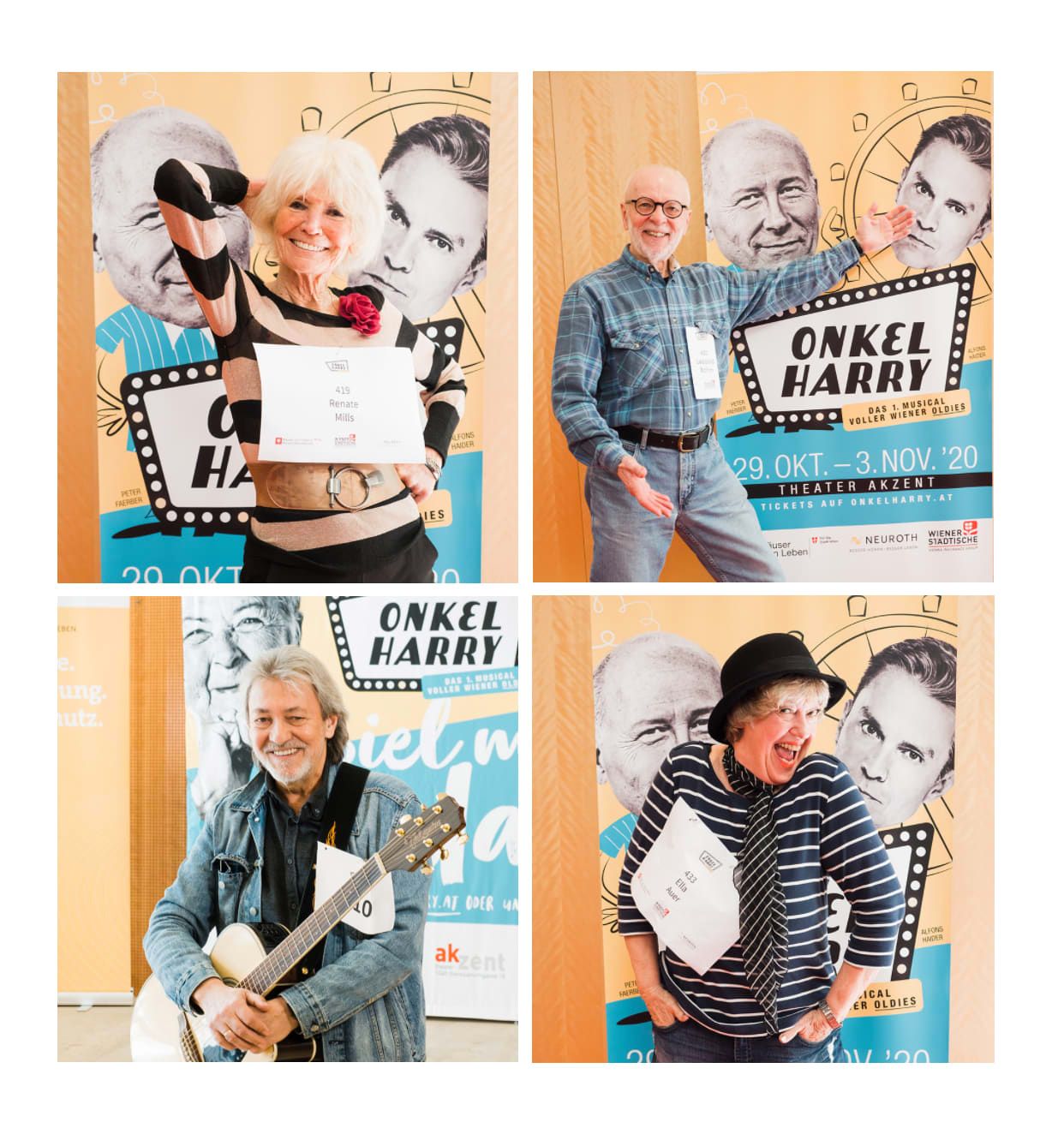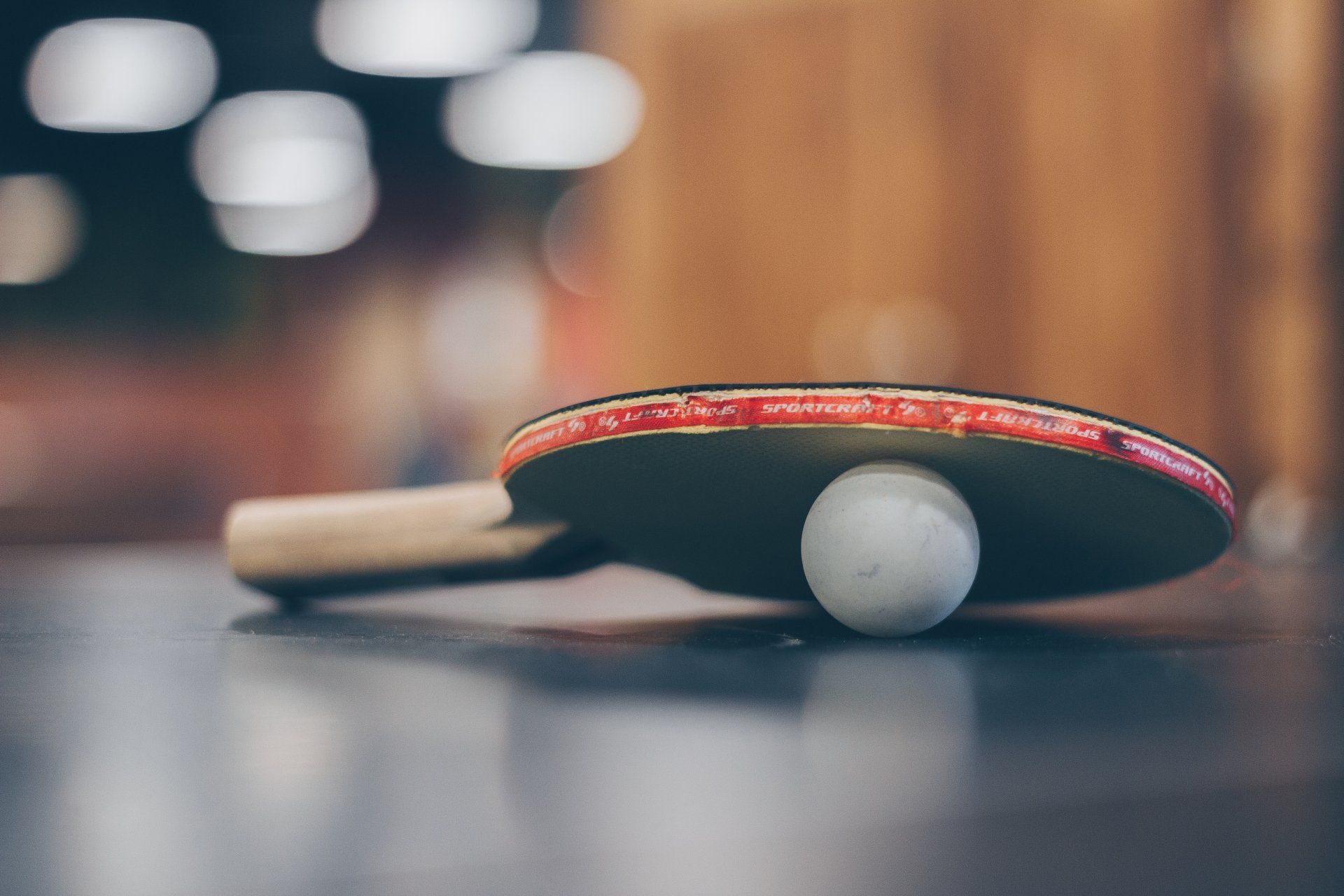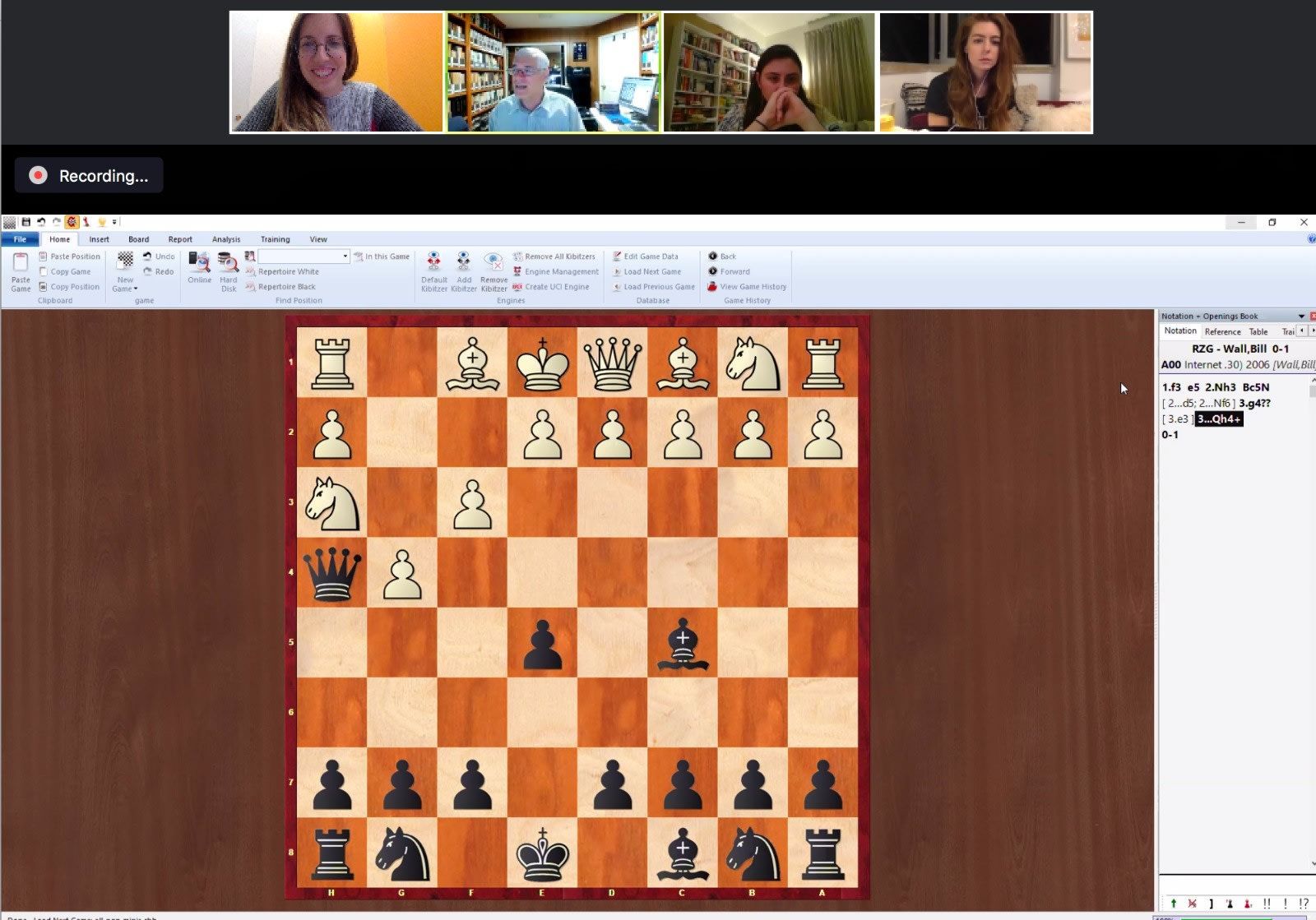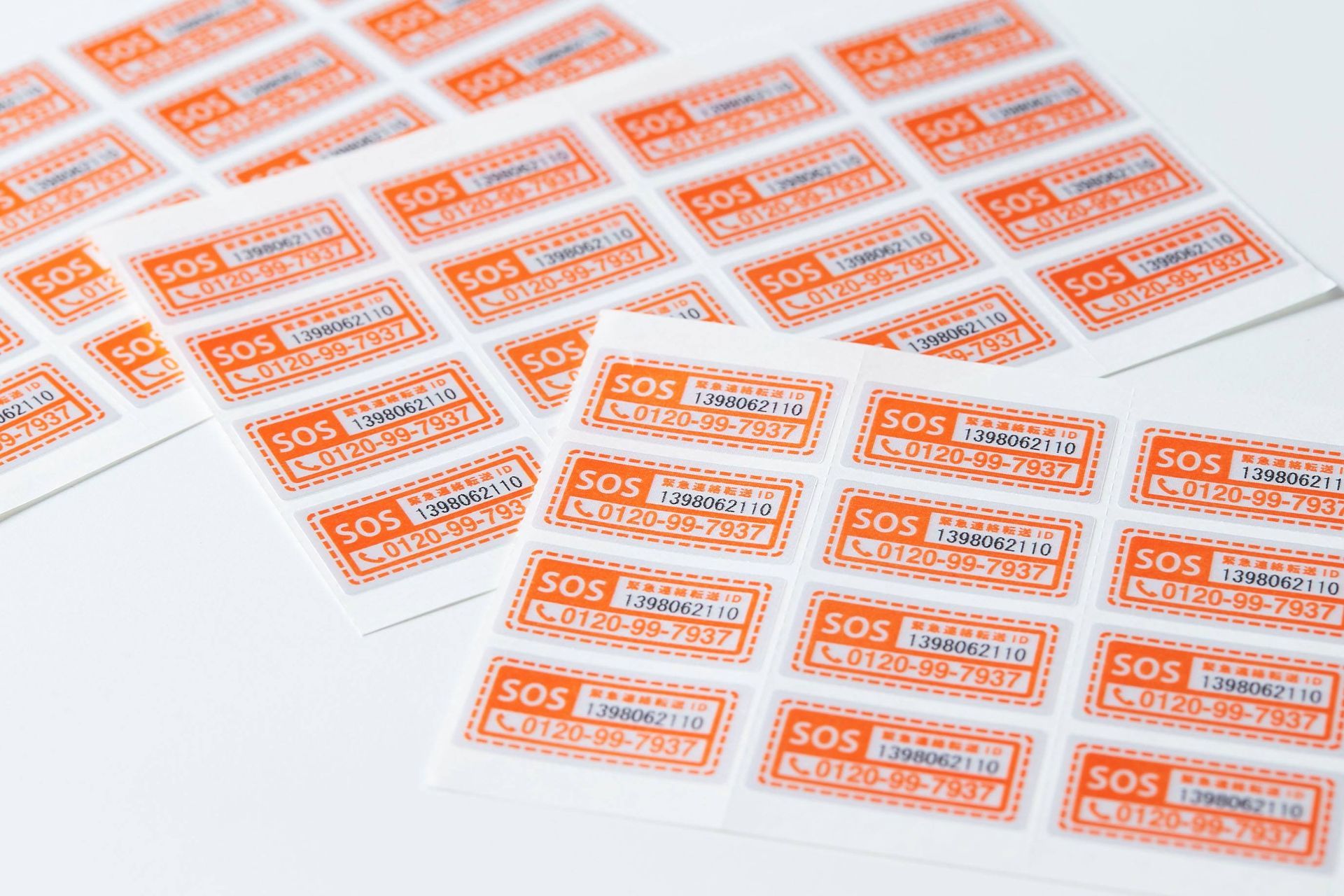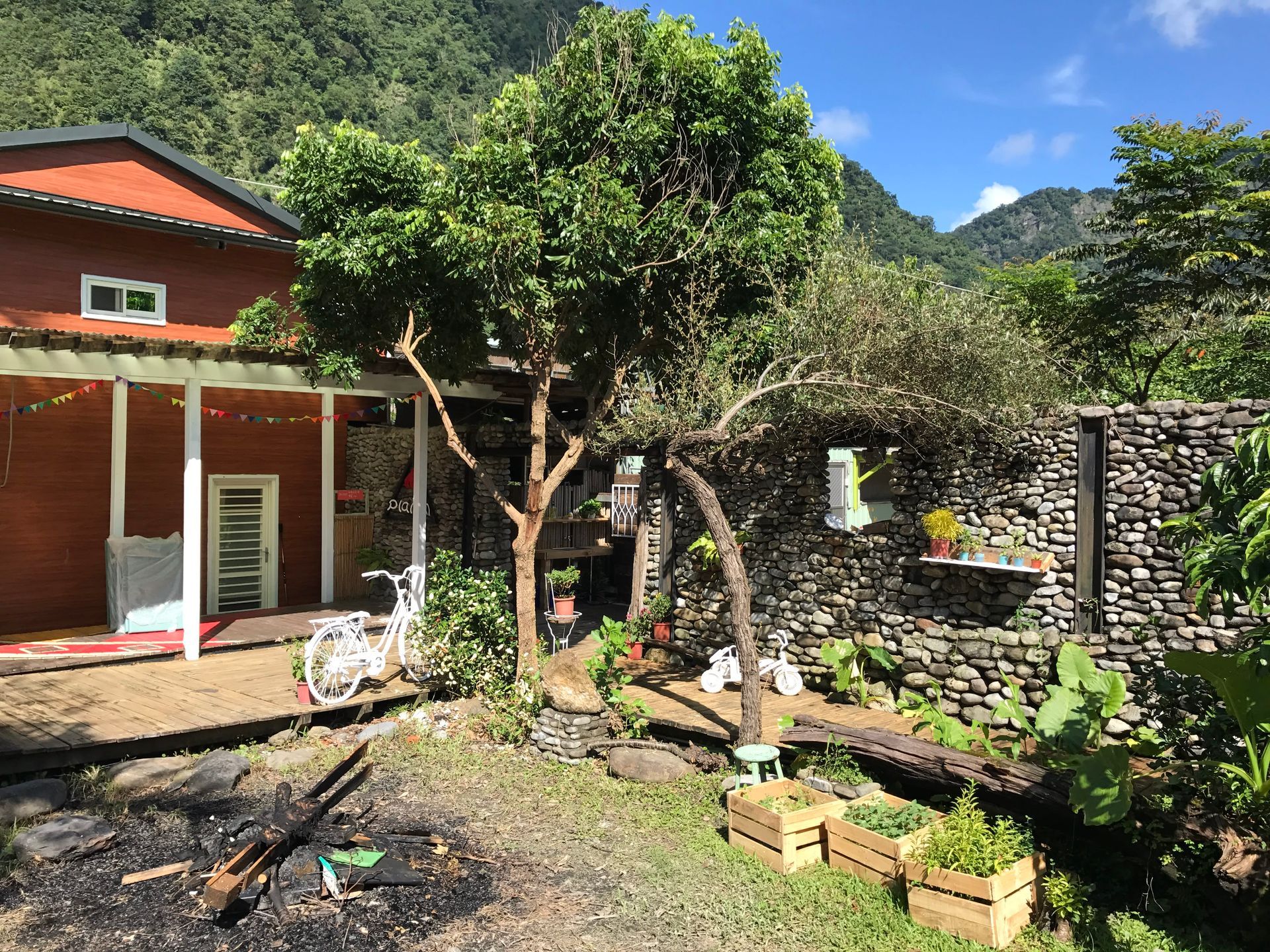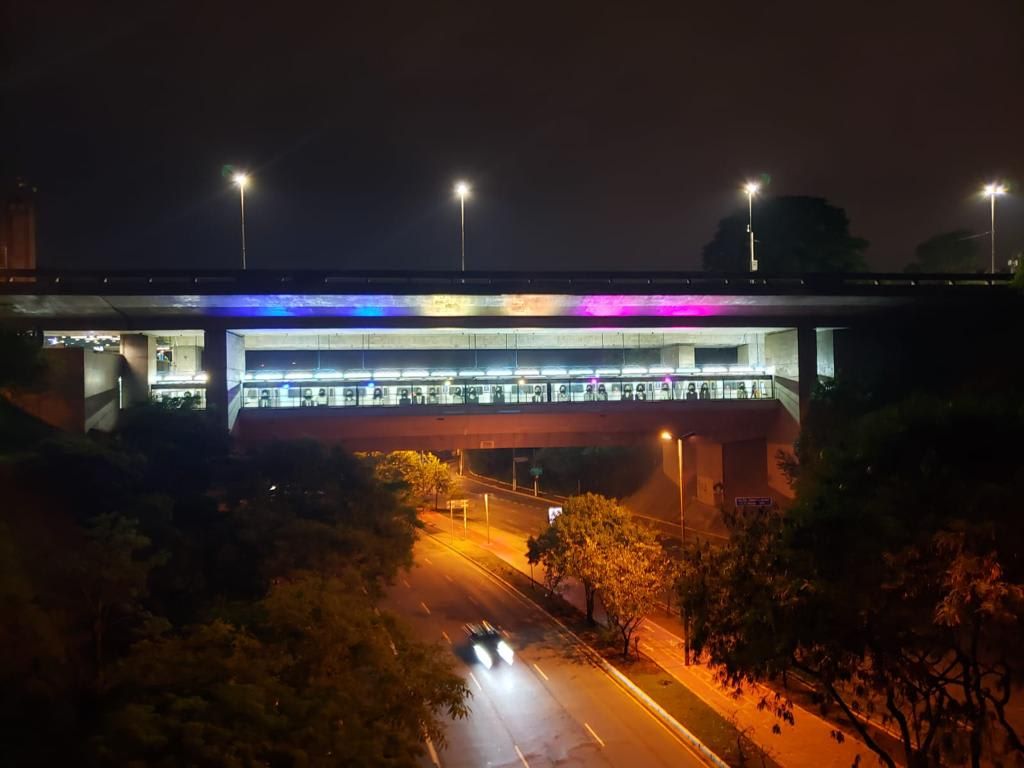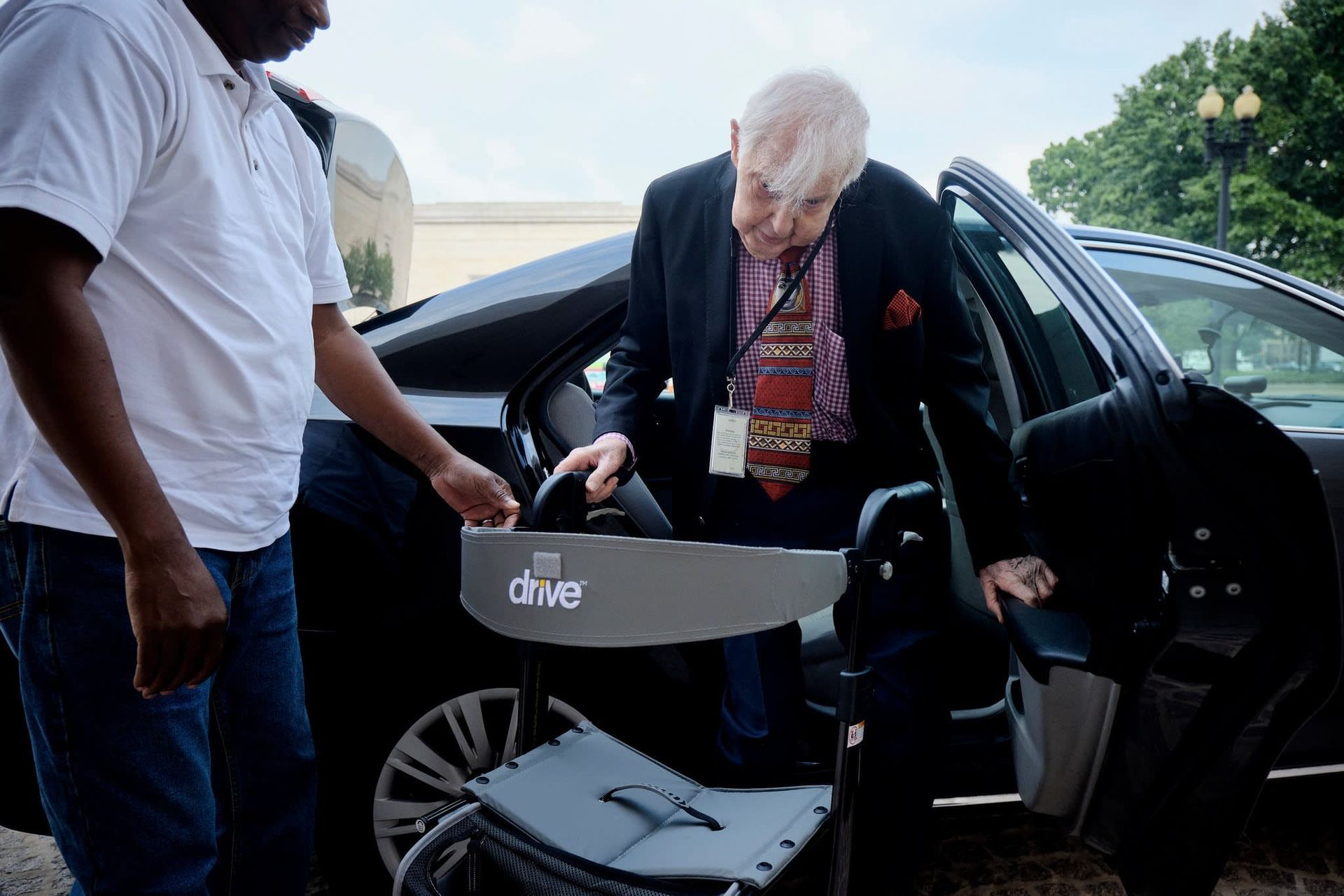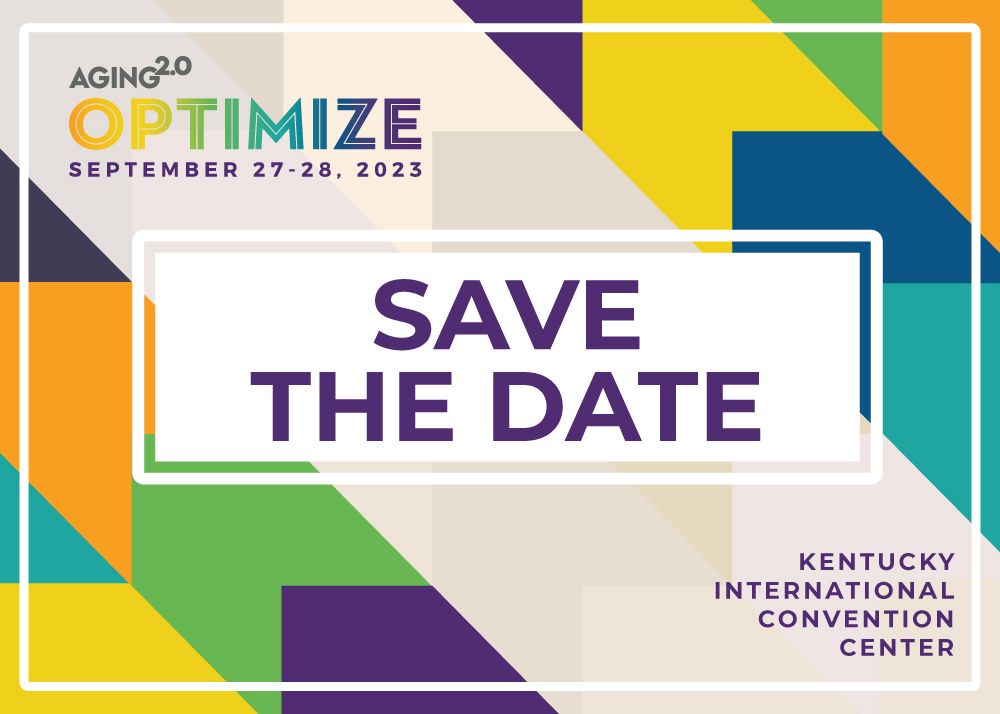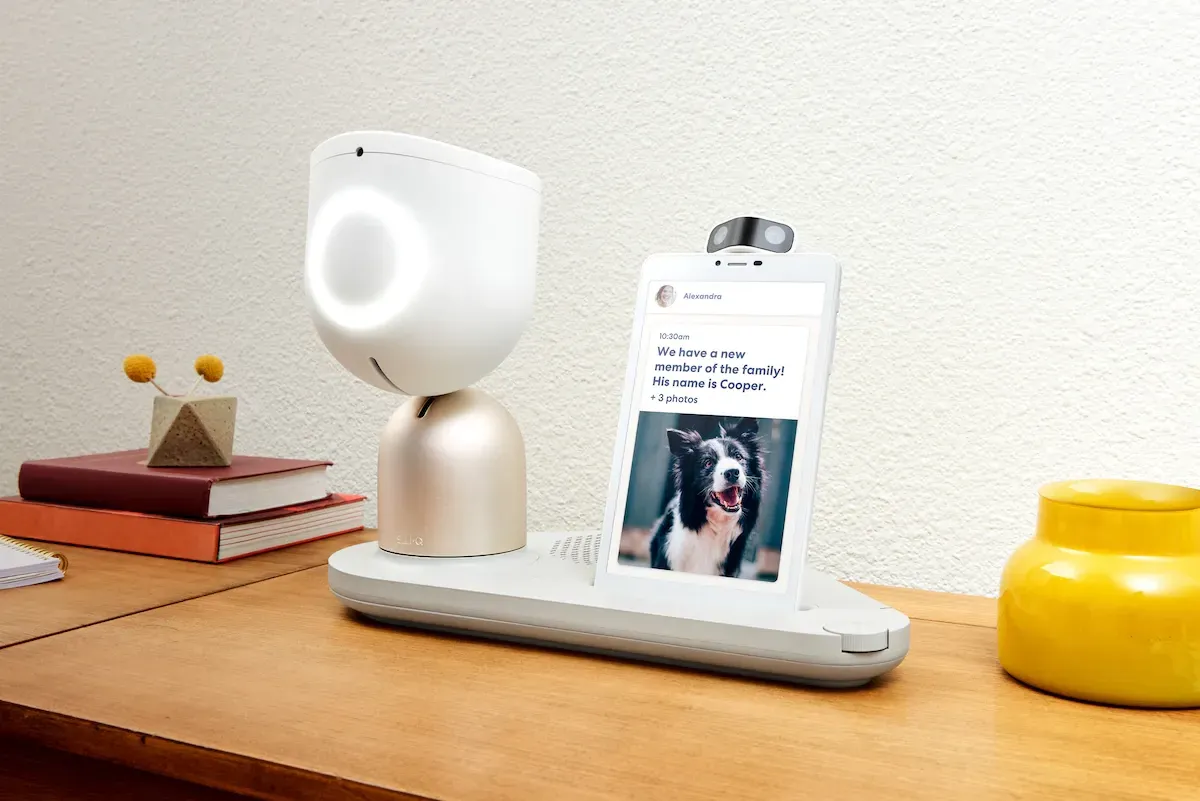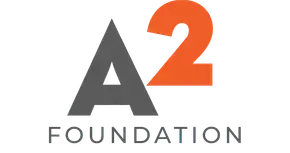‘Healthcare sector in dire need of mass innovation’
via Innovation Origins (partners@innovationorigins.com)
https://innovationorigins.com/en/healthcare-sector-in-dire-need-of-mass-innovation/
The operation earlier this year in which a heart from a genetically modified pig was implanted into a human was a real feat of innovation. Yet this medical breakthrough is not a blessing – and not just because the patient died two months later. The future of healthcare stands to benefit more from the broader application of innovation.
“When we think of innovation, everyone tends to think of an app or an ICT solution. But innovation needs to encompass far more than that. In healthcare, we need a whole host of technical, medical and organizational innovation,” said Mark van Houdenhoven, chair of the Board of Directors of the Sint Maartenskliniek. This hospital in Nijmegen (which also has six other locations in the Netherlands) specializes in orthopedics, rheumatology, rehabilitation and treatment of pain.
Van Houdenhoven is one of the keynote speakers at the Health Valley Event, which will be held in Nijmegen over the next three days. Health Valley is the ‘healthcare innovation network of the East Netherlands’, as the organization labels itself.
Click here to see the full story.
